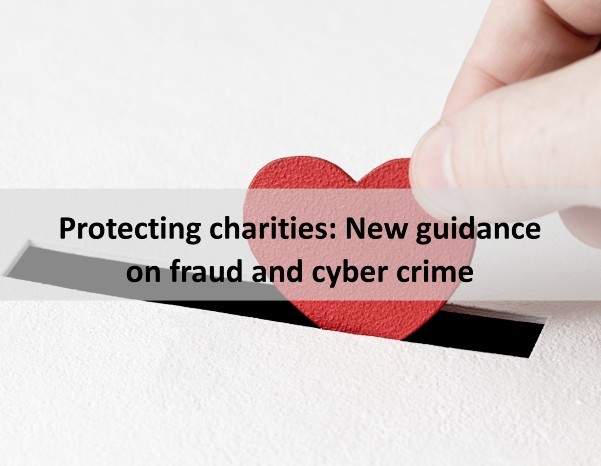
New powers from the Charities Act 2022 have now come into effect, resulting in changes for the sector in Wales and England.
The Charity Commission has updated its existing guidance to reflect these changes, which includes flexibility for trustees when seeking to dispose of charity land and new powers around the use of permanent endowment.
Changes that came into force on 14 June 2023:
Selling, leasing or otherwise disposing of charity land
Charities must comply with certain legal requirements before they dispose of charity land. Disposal can include selling, transferring or leasing charity land. The Act simplifies some of these legal requirements. The changes include:
- widening the category of designated advisers who can provide charities with advice on certain disposals;
- confirming that a trustee, officer or employee can provide advice on a disposal if they meet the relevant requirements;
- giving trustees discretion to decide how to advertise a proposed disposal of charity land; and
- removing the requirement for charities to get Commission authority to grant a residential lease to a charity employee for a short periodic or fixed term tenancy.
The following provisions are expected to come into force by the end of 2023:
- the provisions relating to disposals by liquidators, provisional liquidators, receivers, mortgagees or administrators;
- the provisions relating to the taking out of mortgages by liquidators, provisional liquidators, receivers, mortgagees or administrators; and
- changes about what must be included in statements and certificates for both disposals and mortgages.
Using permanent endowment
Put simply, permanent endowment is property that your charity must keep rather than spend.
The Act introduces new statutory powers to enable:
- charities to spend, in certain circumstances, from a ‘smaller value’ permanent endowment fund of £25,000 or less without Commission authority; and
- certain charities to borrow up to 25% of the value of their permanent endowment fund without Commission authority.
Charities that cannot use the statutory powers will require Charity Commission authority.
A new statutory power enables charities that have opted into a total return approach to investment to use permanent endowment to make social investments with a negative or uncertain financial return, provided any losses are offset by other gains.
Charity names
The Commission can currently direct a charity to change its name if it is too similar to another charity’s name or is offensive or misleading.
The Act enables the Commission to:
- direct a charity to stop using a working name if it is too similar to another charity’s name or is offensive or misleading. A working name is any name used to identify a charity and under which the activities of the charity are carried out. For example, ‘Comic Relief’ is the working name of the charity ‘Charity Projects’;
- delay registration of a charity with an unsuitable name or delay entry of a new unsuitable name onto the Register of Charities; and
- use its powers in relation to exempt charities in consultation with the principal regulator.
For more information please click visit gov.uk here.


.jpg)





